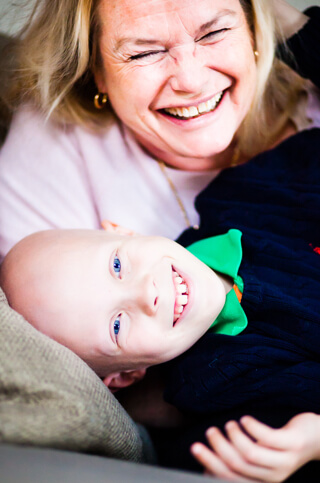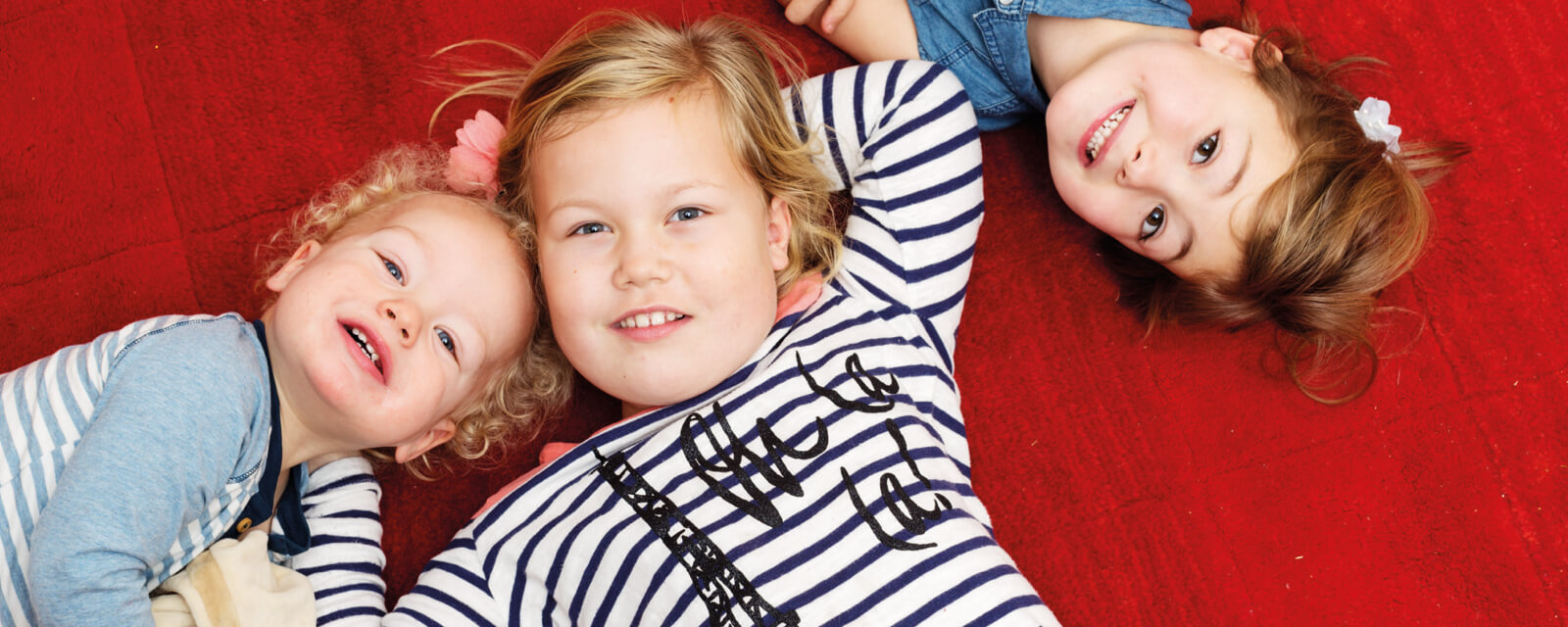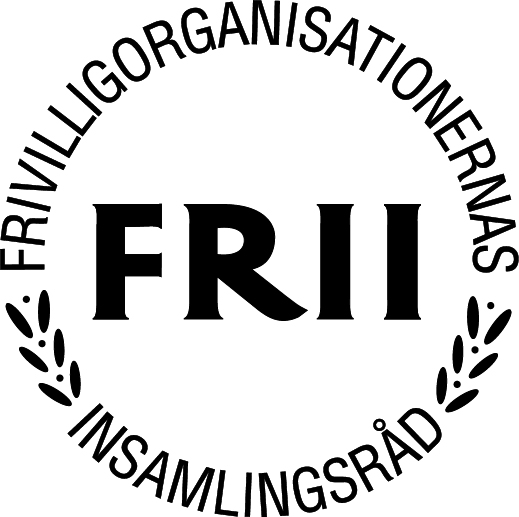Fundraising is essential to enable the Swedish Childhood Cancer Foundation to fund research and to support families of children with cancer. Once again the record was broken in 2016.
“It is rewarding to see how our focus on fundraising from individuals and companies has yielded results, so that we can ensure that more research is carried out,” says Åsa Blomberg, head of corporate fundraising at the Swedish Childhood Cancer Foundation.
The vision of the Swedish Childhood Cancer Foundation is to eradicate childhood cancer. To achieve this goal, more children have to survive, and that requires money for research. Generous companies and individuals are partners in this fight. In 2016 the Swedish Childhood Cancer Foundation raised a record-breaking SEK 365 million.

“We are extremely grateful for the enormous commitment that both individuals and companies show, because now we can really invest in pioneering research to achieve our vision of eradicating childhood cancer. This is why contributions are so important,” says Åsa Blomberg.
Individuals contribute in a variety of ways in the fight against childhood cancer The growing number of participants, according to Karin Nedersjö, acting head of communications and private fundraising, is an effect of long-term branding efforts.
“We constantly focus on the child and work continuously with the blue chair as a symbol,” says Karin Nedersjö.
During the year the Swedish Childhood Cancer Foundation’s Donor Service received 43,000 calls, with a total active conversation time of 60 days. They received and answered 8,300 emails.
The Swedish Childhood Cancer Foundation’s monthly donors are called Child Supporters. In 2016 their number increased from 25,000 to 33,000. Many were added during the Childhood Cancer Gala – the Swedish Humour Prize.
“We are totally dependent on donations from committed people who care. Whether you are a Child Supporter, start your own fundraising initiative or donate when you can, your contribution will help to fund research that will enable more children to survive cancer,” says Karin Nedersjö.
In 2016 the Swedish Childhood Cancer Foundation received 709,000 donations. More and more people are choosing to make a charitable bequest to the Swedish Childhood Cancer Foundation. Others donate money as gifts at holidays, or as a memorial donation. A total of 52,000 memorial donations were made in 2016. Many people donate a lump sum when their finances allow them to do so either online, by text message, using swish or by credit or debit card. There are also many enthusiastic individuals who find creative ways to raise money for the organisation.
Lisette Selenström, age 17, has made beaded bracelets and sold them – raising SEK 250,000 for the Swedish Childhood Cancer Foundation in the process.
“I wanted to give a lot because I wanted to make a real difference,” said Lisette.
Others choose to contribute while doing something beneficial for themselves and their health; for example, they participate in one of the fundraising initiatives that combine exercise and charity. Through the Ride of Hope, Swim of Hope, Walk of Hope and Spin of Hope participants have the opportunity to exercise along with friends or coworkers – while making a financial contribution to the Swedish Childhood Cancer Foundation. In 2016, sport events raised SEK 35 million for the Swedish Childhood Cancer Foundation.
Several companies have chosen to work with the Swedish Childhood Cancer Foundation to instil pride among employees and build their brand while also benefitting others.
“A growing number of companies are discovering that they can create value for their brand while actively working with the Swedish Childhood Cancer Foundation in their CSR work,” says Åsa Blomberg.
Corporate donors contributed SEK 58 million in 2016. For Aaron Anderson contributing is an obvious choice. As a child he had cancer which left him wheelchair-bound. Over the past year, Team Aron raised SEK 6.5 million to benefit children with cancer through activities such as summiting Mt. Kilimanjaro, bicycling to Paris using an arm bike and skiing to the South Pole.
“I hope that such fundraising will help to reduce the number of children who suffer from cancer and have to go through what I did as a child,” he says.
Another initiative is Team Rynkeby, where 1,600 bicyclists from 38 local teams in Sweden, Denmark, Finland, Norway and the Faeroe Islands together bicycled to Paris in 2016. What began when eleven people associated with Rynkeby Foods were sponsored to bicycle to Paris and see the Tour de France in 2002, has grown into a major charity project. This year 44 teams are involved. Last year, the Swedish participants raised SEK 19 million for the fight against childhood cancer.
“There are many heroes who together create opportunities and hope for children with cancer and their families,” says Paul Chronqvist-Svensson, national manager for Team Rynkeby Sweden.
 På svenska
På svenska

 The Swedish Childhood Cancer Foundation complies with the Swedish Fundraising Council’s (FRII) quality code for fundraising organisations. The purpose of the code is to increase transparency and openness in the sector, thereby strengthening confidence in organisations that comply with the code.
The Swedish Childhood Cancer Foundation complies with the Swedish Fundraising Council’s (FRII) quality code for fundraising organisations. The purpose of the code is to increase transparency and openness in the sector, thereby strengthening confidence in organisations that comply with the code.